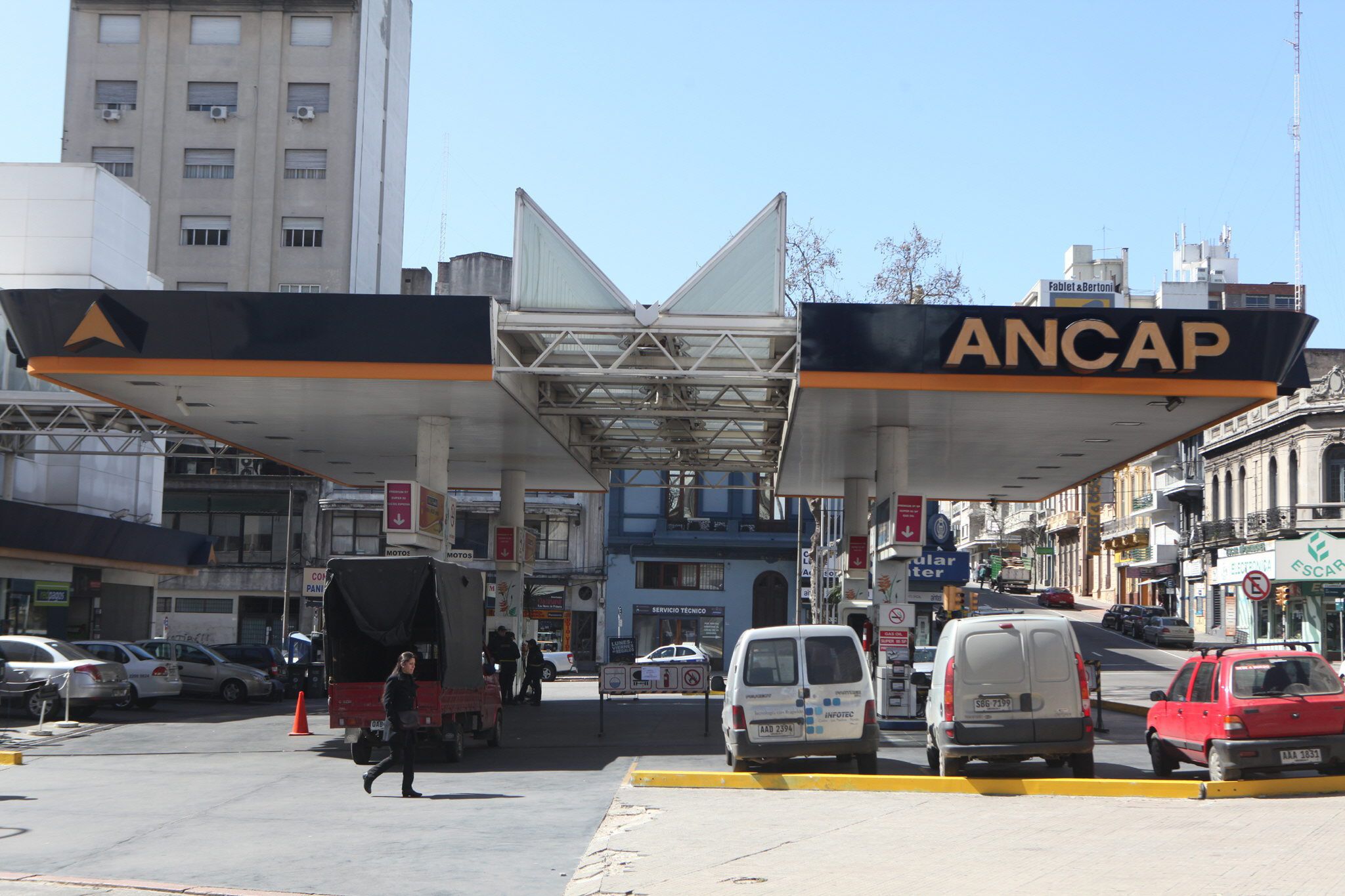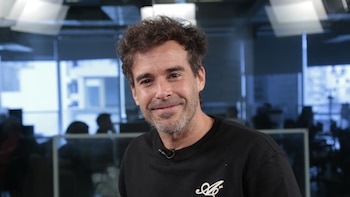
In recent weeks, the Uruguayan government has expressed concern about the increase in prices for some basic basket products, such as roast cutting or eggs. This rise is largely due to the fact that, thanks to the Russian invasion of Ukraine, prices on international markets soared.
Also relevant to this situation are the high temperatures that occurred during the summer in the country, causing the deaths of thousands of hens that lay eggs and one of the largest droughts that Uruguay had.

Last Sunday night, after the result of the referendum to repeal 135 articles of the Urgent Consideration Act was announced, President Luis Lacalle Pou gave a press conference where he declared that he would have “an important meeting on the subject of prices” this week and where he would take action to lower the costs of food from the basic basket.
This Wednesday, the president met with the Ministry of Economy and Finance, the Ministry of Livestock, Agriculture and Fisheries and the Ministry of Industry, Energy and Mining to discuss what measures they would take with regard to prices.
Later, he announced that the VAT tax (22% on the price of the product) will be exempted on noodles and baked goods for 30 days, with the possibility of extending it to a decree. The Executive Branch is scheduled to send a bill to Parliament this week to fix the exemption.
In that instance, he added that the government is also evaluating the import of some products that are not produced within Uruguay that “have some tariff issues.” An example of this is oil. The possibility of “facilitating the issue of tariffs on imports” is discussed.
The Minister of Industry, Energy and Mining, Omar Paganini, also said on Wednesday that the energy crisis and the conflicts that ensued towards the rest of the world not only impact the price of fuels, but also on the “of wheat and oilseeds, on flour and oil”, and that “globally we are seeing an impact inflationary, and the government is putting all the cards on the table to contain it in some way.”
He added that “for a small economy like that of Uruguay, quite open to the world, that is not easy” and that is why they are “managing all the options and the work goes on.”
For his part, the senator of Cabildo Abierto and member of the coalition of center-right parties to the government, Guido Manini Ríos, also met with President Lacalle Pou and sent him some proposals to contain the price hike.
The senator argued that “for an indefinite period” those who market to the public do not have a profit margin for “a score” of products from the basic food basket. In exchange for this sacrifice, the State would undertake to make a tax resignation that would compensate for the decline in income.
Yesterday, the president announced the adjustment in fuel prices that will take effect from April 1. In naphtha, the increase will be three Uruguayan pesos ($0.07) and in diesel it will be five pesos ($0.12).
Lacalle Pou highlighted the effort made by the government to make a minor adjustment to the percentages set by the Import Price Parity (PPI) report of the Energy and Water Regulatory Unit (URSEA), Underslinado reported.
“The Executive Branch will continue to evaluate the evolution of international prices of oil and its derivatives, and their impact on the financial situation of ANCAP, with the commitment to use the tools at its disposal to mitigate the impact on consumers of this adverse situation,” said the Ministry of Energy, Industry and Mining.
KEEP READING:
Últimas Noticias
Debanhi Escobar: they secured the motel where she was found lifeless in a cistern
Members of the Specialized Prosecutor's Office in Nuevo León secured the Nueva Castilla Motel as part of the investigations into the case

The oldest person in the world died at the age of 119
Kane Tanaka lived in Japan. She was born six months earlier than George Orwell, the same year that the Wright brothers first flew, and Marie Curie became the first woman to win a Nobel Prize

Macabre find in CDMX: they left a body bagged and tied in a taxi
The body was left in the back seats of the car. It was covered with black bags and tied with industrial tape
The eagles of America will face Manchester City in a duel of legends. Here are the details
The top Mexican football champion will play a match with Pep Guardiola's squad in the Lone Star Cup

Why is it good to bring dogs out to know the world when they are puppies
A so-called protection against the spread of diseases threatens the integral development of dogs




